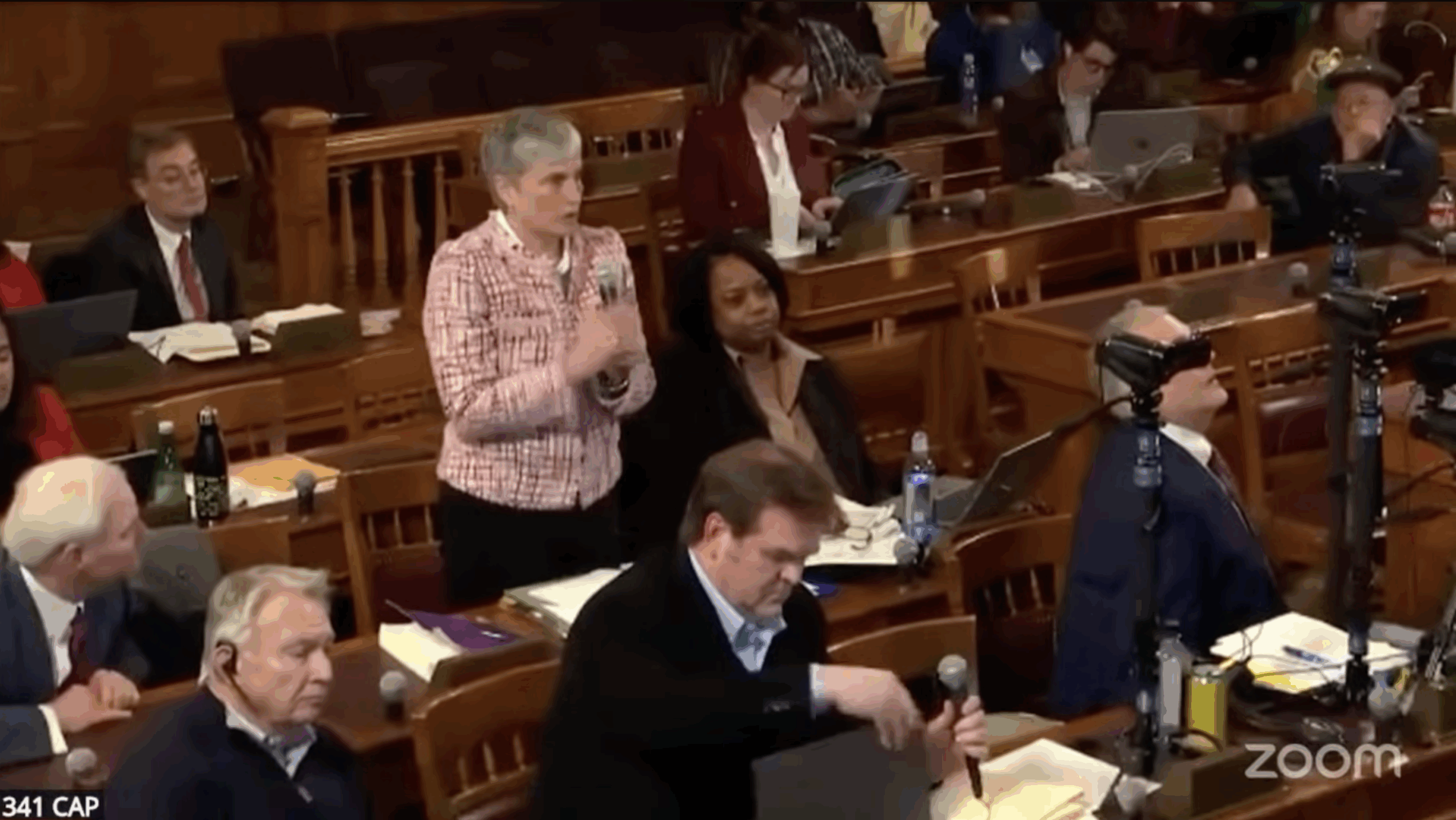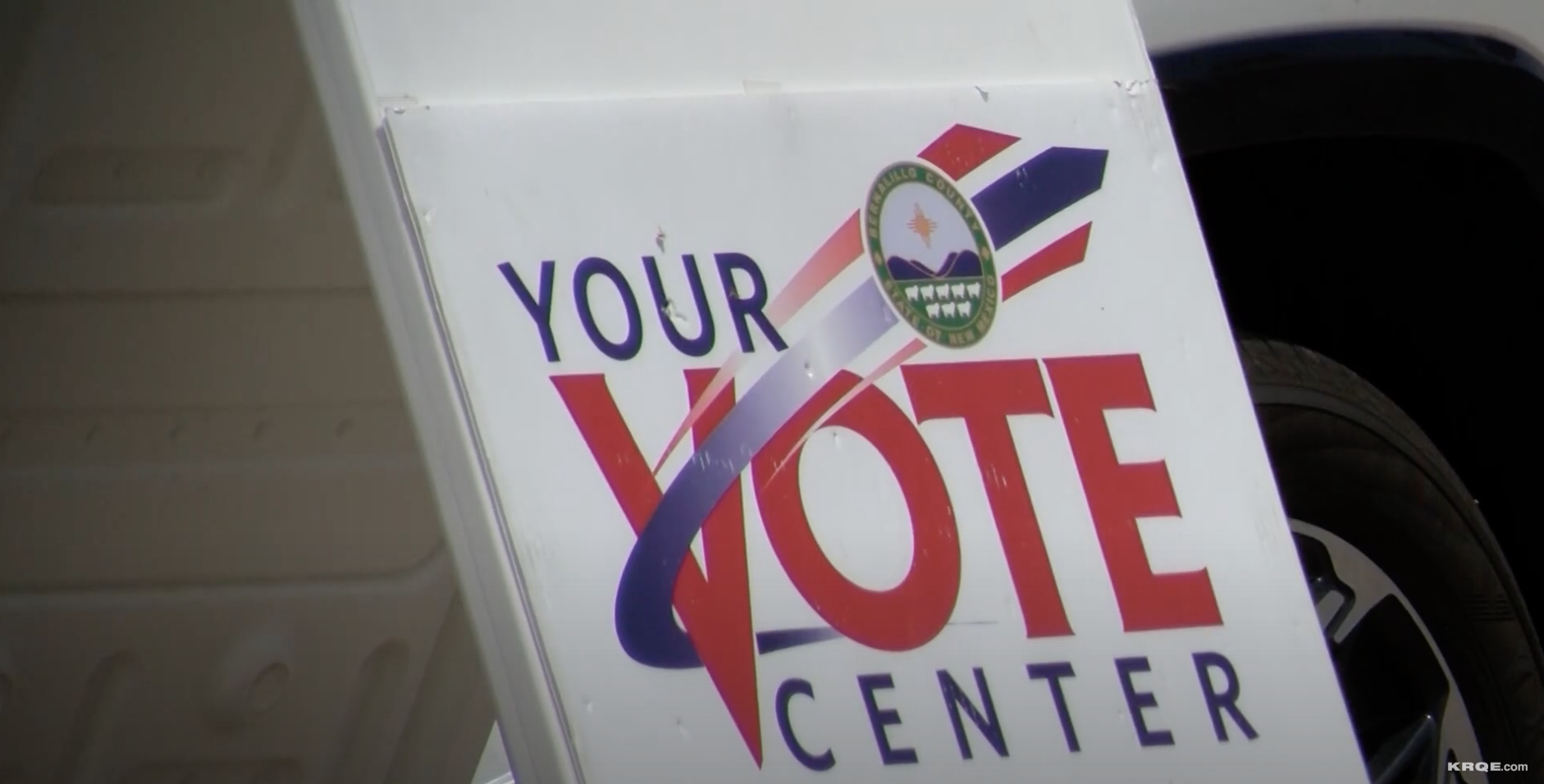PA Voters May Need To Learn To Read Barcode To Verify Ballot
The 2023 municipal election in Northampton county, Pennsylvania, faced meaningful issues with its voting system, notably regarding how votes were recorded and displayed. During the election, voters discovered that the printed ballot receipts contradicted their touchscreen selections concerning judge retention votes, although the barcodes correctly tallied the votes. This discrepancy raised serious concerns about election integrity and prompted a court case brought by election watchdogs against several state and county officials.
The Plaintiffs argued that voters should have a reliable way to verify their choices and expressed concern over the necessity of being able to read barcodes to do so. The voting machines in question, the ES&S ExpressVote XL, were criticized for producing perhaps misleading paper ballot receipts, which do not align with federal Help America Vote Act (HAVA) requirements for manual audit capabilities.
The debate centered around weather the current machines comply with HAVA standards, as they can print results that differ from the actual votes cast. Attorneys representing the elections committee claimed that the machines were properly compliant, while the petitioners contended that the error rates and lack of accessible verification woudl not meet the necessary criteria. the court’s decision is pending, and it may take weeks for an opinion to be released.
Voters fluent in reading barcodes would have had no problem handling the voting system errors in the 2023 municipal election in Northampton County, Pennsylvania, according to arguments last week in the Commonwealth Court.
Yes, barcodes — the collection of lines printed on products and scanned at the store checkout — you can read them, right? It matters because in 2023, reading the barcode on voter ballot receipts was the only way to know what votes the computer was counting in Northampton County.
It is a problem election integrity watchdogs don’t want to happen again. PA Fair Elections; Heather Honey, an analyst and election systems expert; and Stacey Redfield, a Northampton County precinct election judge, went to court seeking remedies to make sure it does not. They brought a case against the Pennsylvania Department of State, Secretary of the Commonwealth Al Schmidt, Northampton County, and its Election Board.
In Pennsylvania, judges are on the ballot for a retention vote every 10 years. The ballot asks if a judge should be retained for an additional term, voters choose yes or no. Simple. Except in 2023, when there were two judge retention races on the ballot.
That year, voters who voted “yes” for one judge but “no” for the other noticed the words on the paper ballot receipt printed it exactly the opposite of their touchscreen vote.
Despite the words on the paper ballot receipt indicating the opposite of the voter’s intention, the barcode had the correct information. This way, the results were tallied as voters intended, said county officials in court testimony.
But if the words on the receipt reflect the wrong choices, how does a voter know their vote is being counted correctly?
Just read the barcode.
“The barcode can be double checked. The barcode is just a pattern of thin and thick lines,” Michael Vargo, an attorney representing the Northampton County Elections Commission, told the court in a Feb. 5 hearing. A judge asked how a person can read the barcode. Vargo responded, “The same way a person can read … You would have to be taught, just like you had to be taught, at some point, how to read letters and how to read numbers. You’d have to be taught what symbol meant ‘yes’ and what symbol meant ‘no,’ and then you could read the barcode, because, this is the barcode for ‘yes.’ This is the barcode for ‘no.’ They look different. They are unique. The patterns are unique on for each vote, but identical on every ballot, so every ballot that voted yes would have an identical bar code in an identical spot.”
Northampton is one of three Pennsylvania counties that use the ES&S ExpressVote XL voting machine. It is a hybrid ballot marking device and tabulator in one. Cumberland and Philadelphia Counties also use this machine. ES&S did not respond to a request for comment in this story.
ES&S Vice President Linda Bennet spoke about the 2023 errors in a press conference that election day, describing the issue as human error, based on programming by someone at ES&S. Bennett said logic and accuracy testing missed the error but it is “something that should have been caught.”
With this machine, voters make their choices by computer touchscreen. When done voting, the machine generates a paper ballot receipt, seen through a window on the voting machine. The voter reads the words printed on the paper ballot receipt to assure their votes were recorded properly. Once confirmed, the paper ballot is counted electronically when the machine scans the bar code on the paper ballot as the machine moves the ballot to a holding container.
Because 2023 was not a federal election, federal Help America Vote Act (HAVA) laws do not apply. But problems that would not meet the HAVA rules should be prevented so they don’t happen in a federal election.
HAVA requires voting machines to have “manual audit capacity,” that is, paper ballots counted by hand in an audit.
The voting system must allow the voter a chance to “change their ballot or correct any error before the permanent paper record is produced.” HAVA also says the paper record must be available as an official record for a recount.
The machines used in Northampton can produce a printed paper record different from the electronically stored version, putting the machines out of HAVA compliance, PA Fair Elections Attorney Elizabeth Nielsen said.
“Petitioners’ position is that there are alternate electronic voting machine system components that could replace ExpressVote XL, that do not have the capability of even printing out a result that is different from the actual vote selection, and that the HAVA requirement for a manually auditable paper record requires that a machine not have that capacity,” Nielsen told the court. “They must be able to print an actual copy of the vote.”
PA Fair Elections also argued the error rate was too high on these machines to comply with HAVA.
PA Fair Elections suggests counties switch to another machine, but neither the county nor the state want to.
“The appropriate remedy has already been implemented,” Vargo told the court. “And the appropriate remedy is not the extreme remedy of requiring, not just Northampton County, but also one of the largest counties in Pennsylvania, Philadelphia County, to get rid of all their voting machines. The appropriate remedy is to alter the testing to ensure that this error can’t happen. And that’s already been done. So the relief, the most appropriate has already been granted.”
Attorney Gregory Darr from the Department of State said PA Fair Elections is essentially asking for this voting machine to be decertified, but he told the court it does comply with HAVA.
“They haven’t produced any evidence that disputes that. It can be audited. It can be verified, because the voter can look at the yes and nos, or in the case of a retention election, they can look at the name of the candidate and confirm that that’s what they voted for.”
Nielsen reminded the court the machines are capable of printing something different than the voter’s choice.
“Certainly a voter in the booth … is not trained to read a bar code. That seems to be something that requires special training, something extraordinary…If it does not comply with HAVA, regarding the reliable manual audit requirement with a permanent paper record, then it should never have been certified in the first place.”
The Commonwealth Court could take weeks to write opinions.
Beth Brelje is an elections correspondent for The Federalist. She is an award-winning investigative journalist with decades of media experience.
" Conservative News Daily does not always share or support the views and opinions expressed here; they are just those of the writer."




